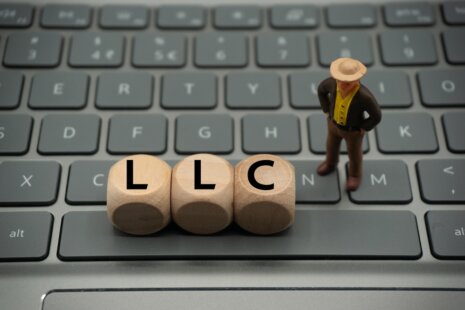The amount that a Limited Liability Company (LLC) can write off in expenses depends on various factors, including the nature of the expenses, the type of business, and compliance with tax regulations. Here are some key considerations:
- Ordinary and Necessary Expenses:
- The IRS allows businesses, including LLCs, to deduct “ordinary and necessary” expenses incurred in the course of operating the business. Ordinary expenses are common and accepted in the industry, while necessary expenses are helpful and appropriate for the business.
- Common Business Expenses:
- Examples of common deductible business expenses for an LLC include:
- Rent or lease payments for business property
- Utilities
- Office supplies
- Salaries and wages
- Marketing and advertising costs
- Travel expenses related to business activities
- Professional fees (accountant, legal services)
- Insurance premiums
- Depreciation on business assets
- Examples of common deductible business expenses for an LLC include:
- Meal and Entertainment Expenses:
- The IRS has specific rules regarding the deductibility of meal and entertainment expenses. Generally, only 50% of such expenses are deductible if they are directly associated with the active conduct of the business.
- Home Office Deduction:
- If a portion of your home is used exclusively for business purposes, you may be eligible for a home office deduction. This deduction allows you to write off a portion of your home-related expenses, such as rent, mortgage interest, utilities, and property taxes.
- Start-Up Expenses:
- Some expenses incurred before the business begins its active operations may qualify as start-up expenses. The IRS allows businesses to deduct up to $5,000 in start-up costs in the first year of business, with a phase-out threshold for expenses exceeding $50,000.
- Tax Credits:
- In addition to deductions, businesses may be eligible for various tax credits, such as the Small Business Health Care Tax Credit or the Work Opportunity Tax Credit.
- Record Keeping:
- Maintaining accurate and organized records of all business transactions and expenses is essential for proper tax reporting.
It’s important for LLC owners to work with a qualified accountant or tax professional to ensure compliance with tax laws and to maximize allowable deductions. Tax regulations can be complex, and the guidance of a professional can help navigate the nuances of deductibility and optimize the tax position of the LLC.




